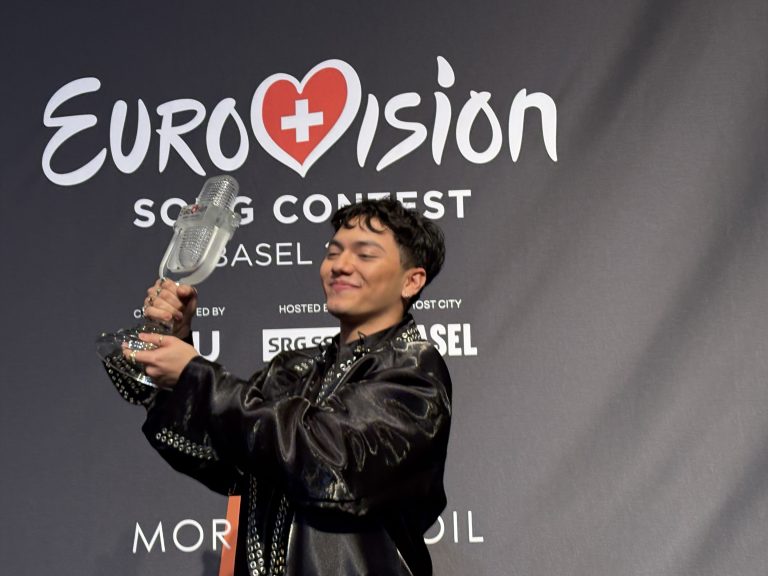Det har i dag kommet et åpent brev fra Martin Green som er ESC sin øverste sjef med tilbakemelding på noe av det som det har vært reagert på etter avstemmingen i årets ESC:
Dear trusted and treasured Eurovision Song Contest community,
The EBU has listened to and engaged closely in the conversations among Members, our fans and in the media following this year’s Eurovision Song Contest (ESC).
I want to again congratulate the winner JJ and the team from ORF. His performance and song rightly, clearly and validly won the Contest and we want to make sure any ancillary conversations do not overshadow this epic achievement.
The ESC voting system includes multiple security layers and a comprehensive set of rules to ensure that a valid result is generated. Our voting partner – Once Germany GmbH – uses redundant systems and multiple platforms to ensure the correct delivery of votes to the central system.
For the Eurovision Song Contest, specially designed systems are used to monitor and prevent fraud. Additionally, more than 60 individuals in Cologne and several others in Vienna and Amsterdam monitor the voting process in each country and maintain direct contact with telecommunication and broadcasting partners globally. All results are verified through an 8-eye principle by the CEO and senior employees of Once, who collectively have over 40 years of voting experience.
Independent compliance monitor EY oversees and authenticates the results. Every decision related to the outcomes is documented and assessed. The entire process, including the result calculation of the platform and the voting results is thoroughly reviewed and verified by EY.
All audience voting, be it SMS, call or online shows evidence of the motivation of communities or diasporas around certain contestants. This can be for many reasons including personal attributes, back stories, geographic affiliations and current affairs. Historically the ESC has been as open to this as other singing and music competitions and reality television.
Every year the Reference Group for the Contest, which contains representatives from and acts on behalf of our Members, studies the data provided by our voting partner Once to make recommendations of any actions available to us to ensure our rules and systems remain fail safe and take into account contemporary external factors such as advances in technology and external influences. This process will happen as it always does in June this year.
Alongside the discussions of the Reference Group, one aspect the EBU will be looking at is the promotion of our acts by their delegations and associated parties. Such promotion is allowed under our rules and acts to celebrate the artists, increase their profile and launch future careers – it’s very much part of the music industry – but we want to ensure that such promotion is not disproportionally affecting the natural mobilization of communities and diasporas we see in all entertainment audience voting.
Another example is the number of votes we allow per person – 20 per payment method. This is designed to ensure that audiences of all ages can vote for more than one of their favourite songs and there is no current evidence that it disproportionally effects the final result – but the question has been asked and so we will look at it.
The EBU and I will be, as we always do, engaging our Members for their views on this and other matters.
I’ll end as I began, by congratulating JJ and ORF who won the Eurovision Song Contest 2025.
Best wishes,
Martin Green CBE, Director of the Eurovision Song Contest, European Broadcasting Union
Som dere ser, hvor mange ganger man skal kunne stemmer vil bli tatt opp til diskusjon i løpet av sommeren, vi kommer tilbake med flere nyheter om denne saken når de kommer.
















